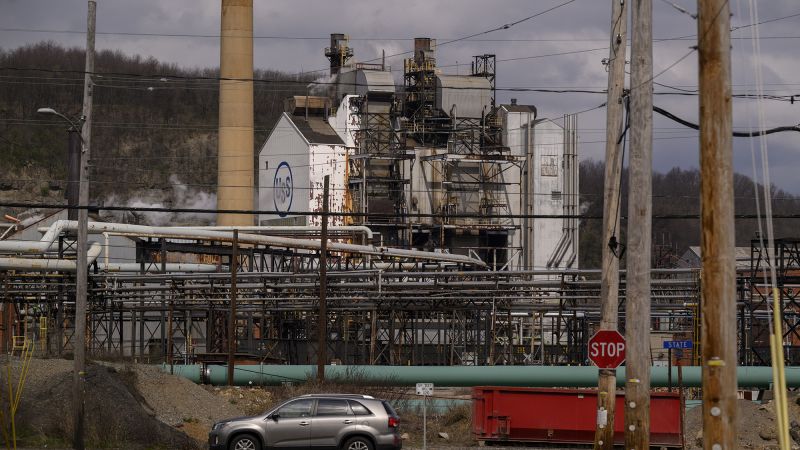The proposed $14 billion deal for US Steel to be purchased by Japan’s Nippon Steel is facing significant opposition from President Joe Biden and other politicians, both Democrat and Republican. Biden has publicly stated that he wants to maintain strong American steel companies powered by American steelworkers and that US Steel should remain domestically owned and operated to protect American national security interests. This opposition has made it unlikely that the deal will win approval from regulatory bodies such as the Justice Department and the Committee on Foreign Investment in the United States, despite the upcoming shareholder vote.
The deal has become a centerpiece of election year politics and relations between the US and Japan, a key ally to the United States. Biden and Japanese Prime Minister Kishida Fumio have avoided commenting directly on the deal at a recent press conference, highlighting the sensitive nature of the issue. The Biden administration has insisted that the opposition to the deal should not harm relations between the two countries, emphasizing the importance of the broader US-Japan alliance.
The opposition to the deal is not limited to Biden, as prominent Republicans and the United Steelworkers union have also decried the proposed merger. US Steel shares plummeted following Biden’s comments, and it is unlikely that the deal will be approved given the current political and regulatory climate. The concerns include the potential concentration of steel production under a single company, potential job losses, and the impact on national security.
The alternative outcomes, such as a potential sale to US Steel rival Cleveland Cliffs, also face regulatory challenges and concerns from the auto industry. The auto industry trade group supported the Nippon deal for US Steel, citing concerns about creating a market concentration in a single company resulting from a Cleveland Cliffs-US Steel merger. Nucor, the largest American steel company with electric furnace technology, is not able to produce the quality of steel needed by the auto industry, despite efforts to do so over several decades.
The opposition to the deal is rooted in concerns about national security, job losses, and potential market concentration in the steel industry. The USW has strongly opposed the deal, fearing that Nippon would eventually shut down unionized blast furnace operations. US Steel has stated that there will be no job losses or plant closures if the deal is approved, but the USW remains skeptical of the promises made by both companies. The deal has become a contentious issue in an election year, with significant leverage held by the USW and Cleveland Cliffs in fighting the proposed merger.
The potential implications of the deal go beyond just the steel industry, with broader economic and national security concerns at play. Both supporters and opponents of the deal are emphasizing the need to protect the American steel industry and its workers, while also considering the impact on international relations with Japan. The outcome of this deal will have far-reaching implications for the future of the American steel industry and its role in the global economy.


